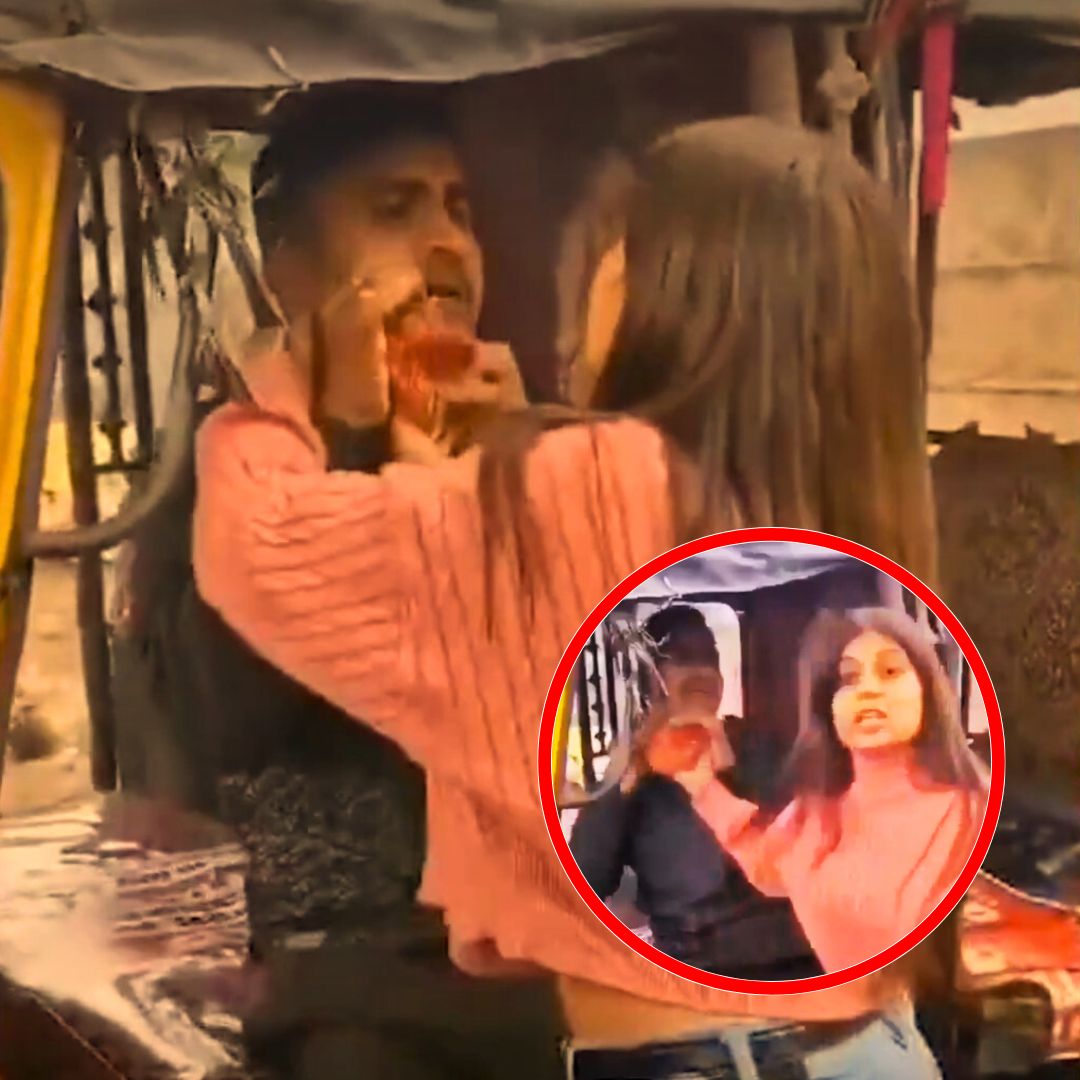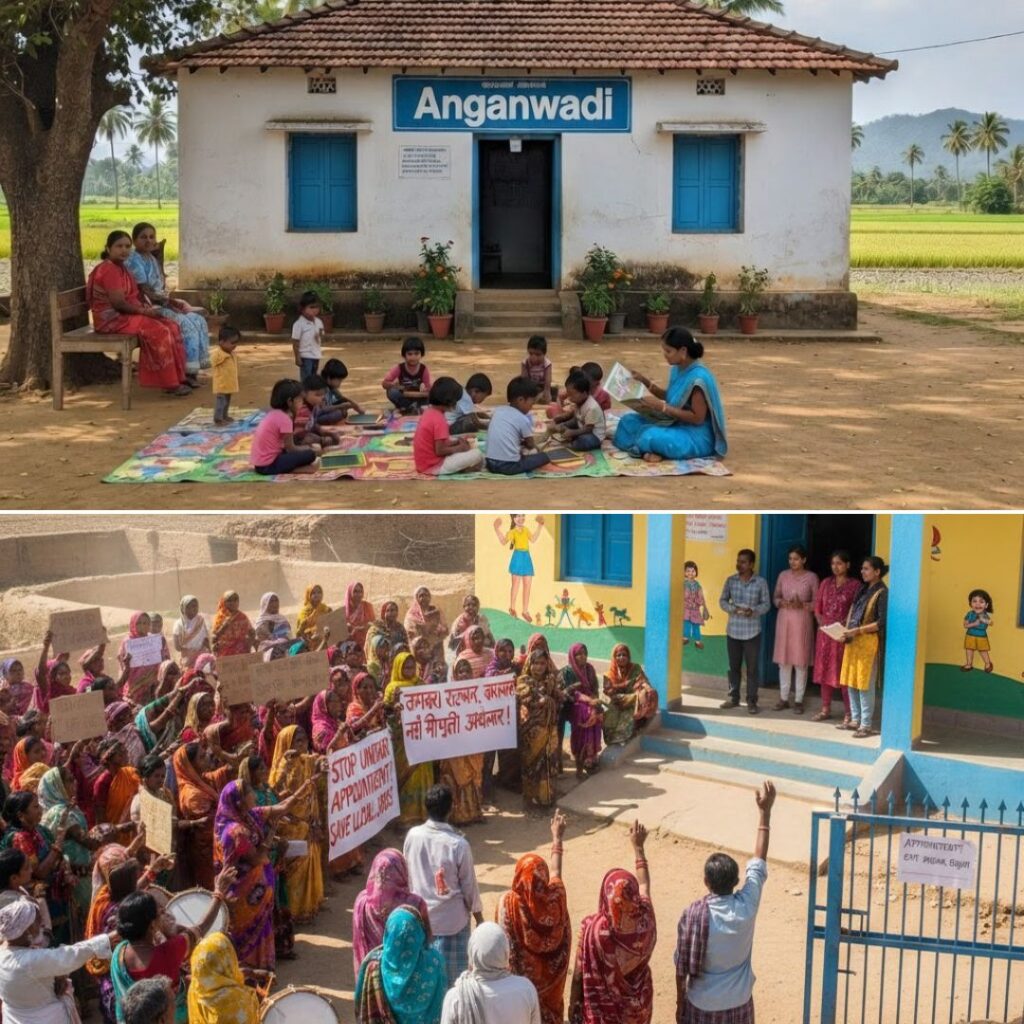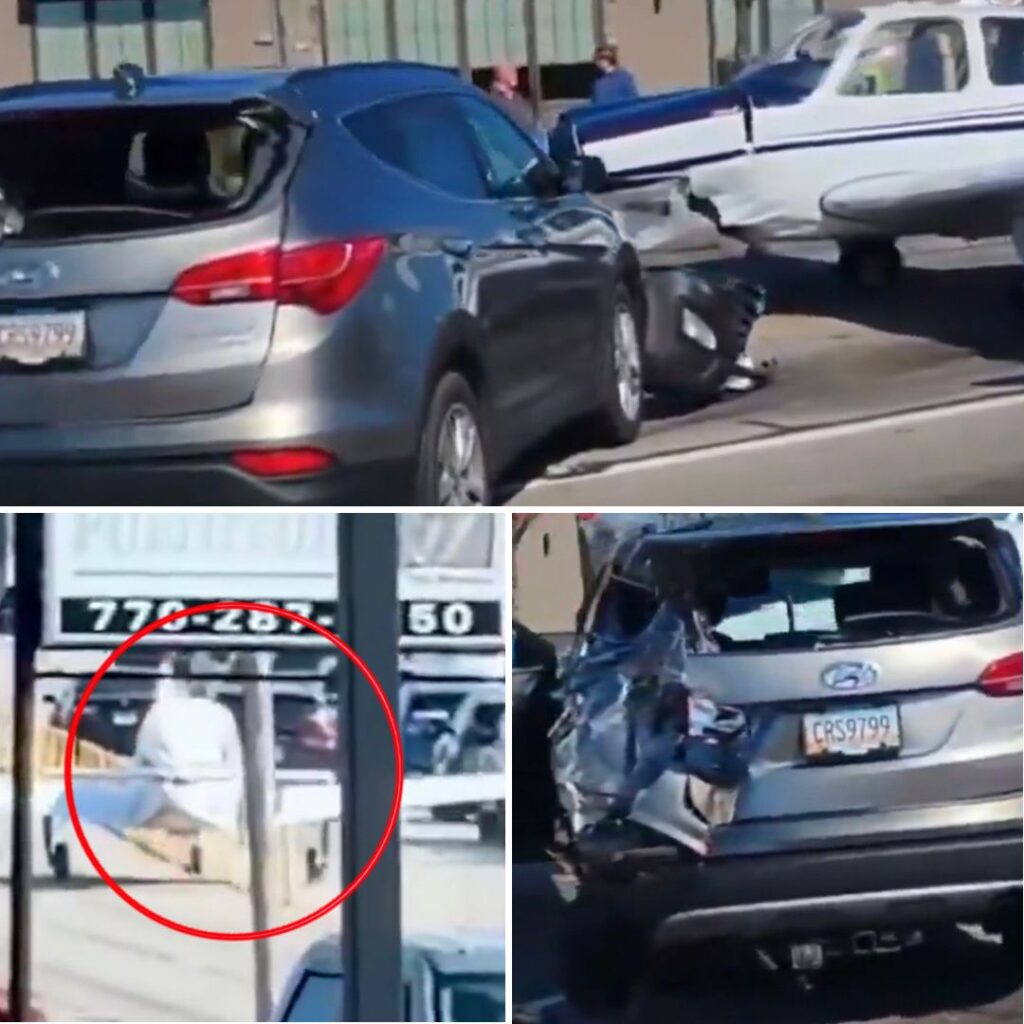In a shocking incident in Mirzapur, Uttar Pradesh, a woman named Priyanshi Pandey was captured on video physically assaulting auto driver Vimlesh Kumar Shukla, allegedly over a fare dispute.
The viral video has sparked widespread debate about public behavior, gender dynamics, and conflict resolution, with both parties presenting conflicting accounts of the confrontation.
A Confrontation Caught on Camera: Unraveling the Dispute
According to local police reports, the incident occurred near the Mirzapur bus stand on January 14, 2025, around 3:30 PM. The video reveals a heated altercation where Pandey, dressed in a blue kurta, is seen dragging Shukla from his auto and repeatedly striking him.
Eyewitnesses reported that the initial argument began over an alleged fare of ₹50, which quickly escalated into a physical confrontation. Shukla, 42, claimed that Pandey and her companions refused to pay the agreed-upon fare, while Pandey, 28, countered that the driver used offensive language and made inappropriate comments.
Legal and Social Ramifications
Local authorities have taken swift action in response to the incident. Mirzapur Circle Officer Rajesh Kumar confirmed that a case has been registered under Sections 323 (voluntarily causing hurt) and 504 (intentional insult with intent to provoke breach of peace) of the Indian Penal Code.
Both Shukla and Pandey have submitted formal complaints, with Shukla seeking compensation for physical and mental harassment, and Pandey claiming self-defense. The incident has gone viral on social media platforms, drawing thousands of comments and shares, with netizens divided in their interpretation of the events.
The Logical Indian’s Perspective
This incident reveals deeper societal challenges surrounding public interactions, gender dynamics, and conflict resolution. It raises critical questions about the breakdown of civil discourse and the escalating tendency to resolve disputes through violence. How can we, as a society, develop more constructive communication strategies that prioritize mutual respect, empathy, and peaceful dialogue?
Our community must reflect on creating safer, more understanding public spaces where conflicts can be resolved without physical or verbal aggression.
मिर्जापुर में 10जनवरी को एक युवती ने ऑटो ड्राइवर की पिटाई कर दी। फिर इसका वीडियो बनाकर इंस्टाग्राम पर डाल दिया। इसे लेकर ड्राइवर ने थाने में तहरीर देते हुए कहा कि किराया मांगने पर युवती ने मारपीट की। अब युवती ने सफाई देते हुए कहा है कि ड्राइवर ने उसे बाजारू औरत कहा था। #Mirzapur pic.twitter.com/9v72sUtboj
— Pawan Kumar Sharma (@pawanks1997) January 15, 2025












